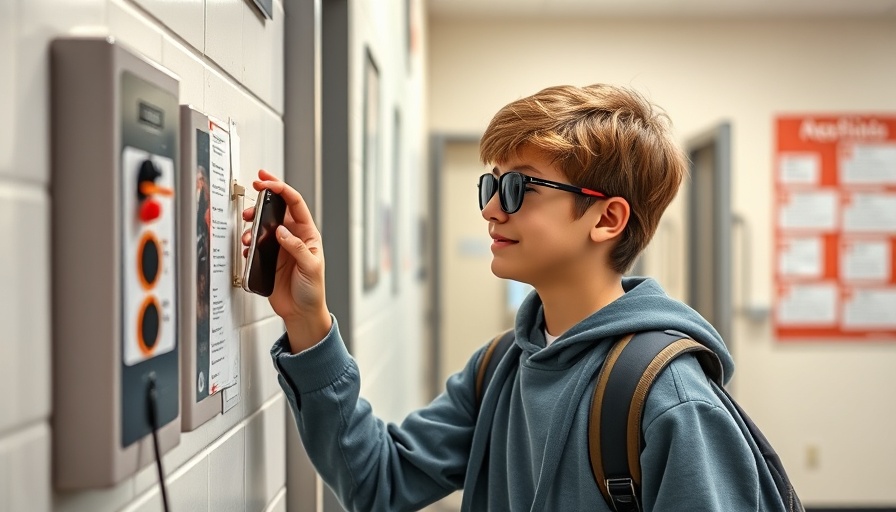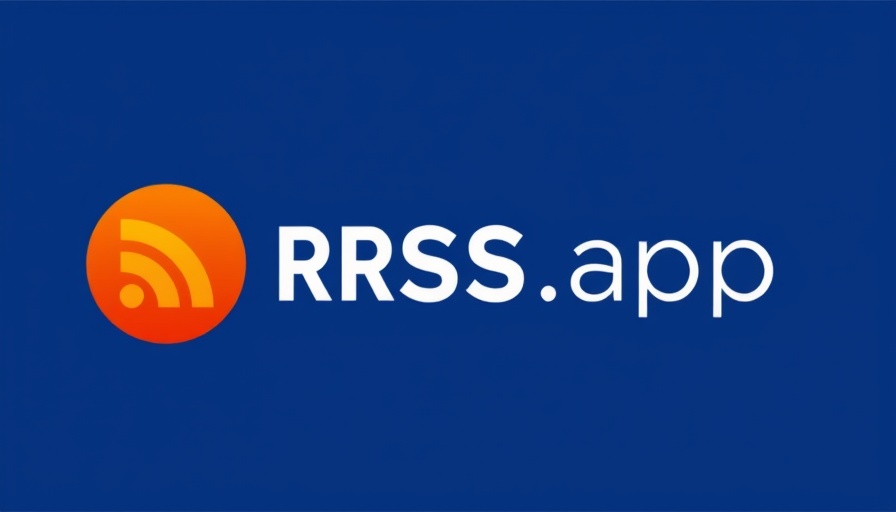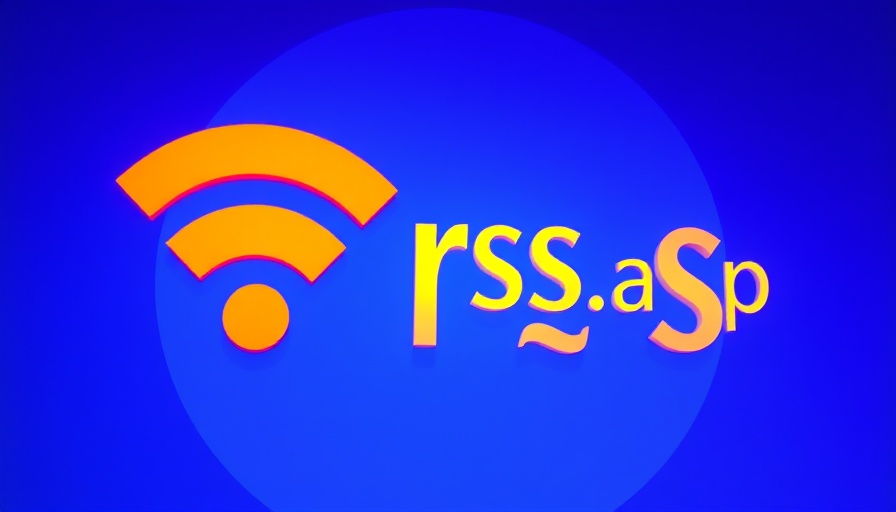
North Carolina's Bold Move: A New Cellphone Ban in Schools
In a significant shift aimed at enhancing classroom focus, the North Carolina House voted overwhelmingly to impose strict restrictions on cellphone usage in schools. With a legislative tally of 114-3, lawmakers are sending a clear message to students across the state: it's time to put away those phones and commit to learning. This initiative reflects broader concerns about classroom distractions and the negative impact of technology on young minds.
The What and Why of the Legislation
The new law compels public schools in North Carolina to either eliminate or significantly restrict student access to cellphones during instructional time. The timing aligns with ongoing discussions within local school boards, such as the Wake County school board, which is currently drafting its own cellphone policy to be implemented by the upcoming school year. Advocates for the legislation argue that the ubiquity of cellphones presents a notable distraction, hindering educational progress and focusing on learning.
Historical Context: The Growing Distraction Issue
This legislative decision is not an isolated case but part of a larger, national trend where educational institutions are grappling with technology’s omnipresence in students' lives. Schools across the U.S. have begun to re-evaluate their policies on cellphone usage. From private academies to public institutions, the conversation surrounding kids and their electronic companions has intensified, largely due to research indicating that frequent cellphone use in educational contexts often leads to decreased performance and attention.
Understanding the Opposition: Perspectives on Technology in Education
While many support the cellphone ban, there are vocal opponents. Some argue that entirely prohibiting cellphones might not consider the educational benefits of technology. For example, engaging with educational apps and online resources can enhance learning experiences when used appropriately. This dichotomy makes it essential to strike a balance between allowing technology and mitigating its distractions.
The Future of Cellphone Policies in Classrooms
As schools gear up to implement these new regulations, one critical question remains: Will this policy effectively reduce distractions and enhance students' learning outcomes? Experts are divided. Some assert that a step back from constant connectivity can help students develop better habits and focus. Conversely, others believe that a wholesale ban might exacerbate frustration among students who rely on their devices for communication and information.
Practical Strategies for Enhancing Student Focus
The cellphone ban serves as an opportunity to explore strategies that further minimize distractions in educational settings. Schools can adopt practices such as designated tech-free zones, structured use of devices for learning, or training teachers on how to integrate technology thoughtfully into their lessons. Additionally, fostering open discussions about appropriate device usage can empower students to take ownership of their learning environments.
Conclusion: A Step Toward Focused Learning Environments
In concluding, North Carolina's cellphone ban reflects a significant movement within the education sector to reclaim focus and create a balanced learning environment. As schools navigate implementing this new policy, students, educators, and parents alike will need to adapt and innovate together to ensure that technology aids rather than hinders learning.
This discussion around cellphones in classrooms does not just end with bans; it's a call to reevaluate our relationships with technology in educational settings. By considering diverse perspectives and seeking innovative solutions, we can work toward cultivating educational environments that prioritize growth, focus, and balanced technology use.
 Add Row
Add Row  Add
Add 




Write A Comment